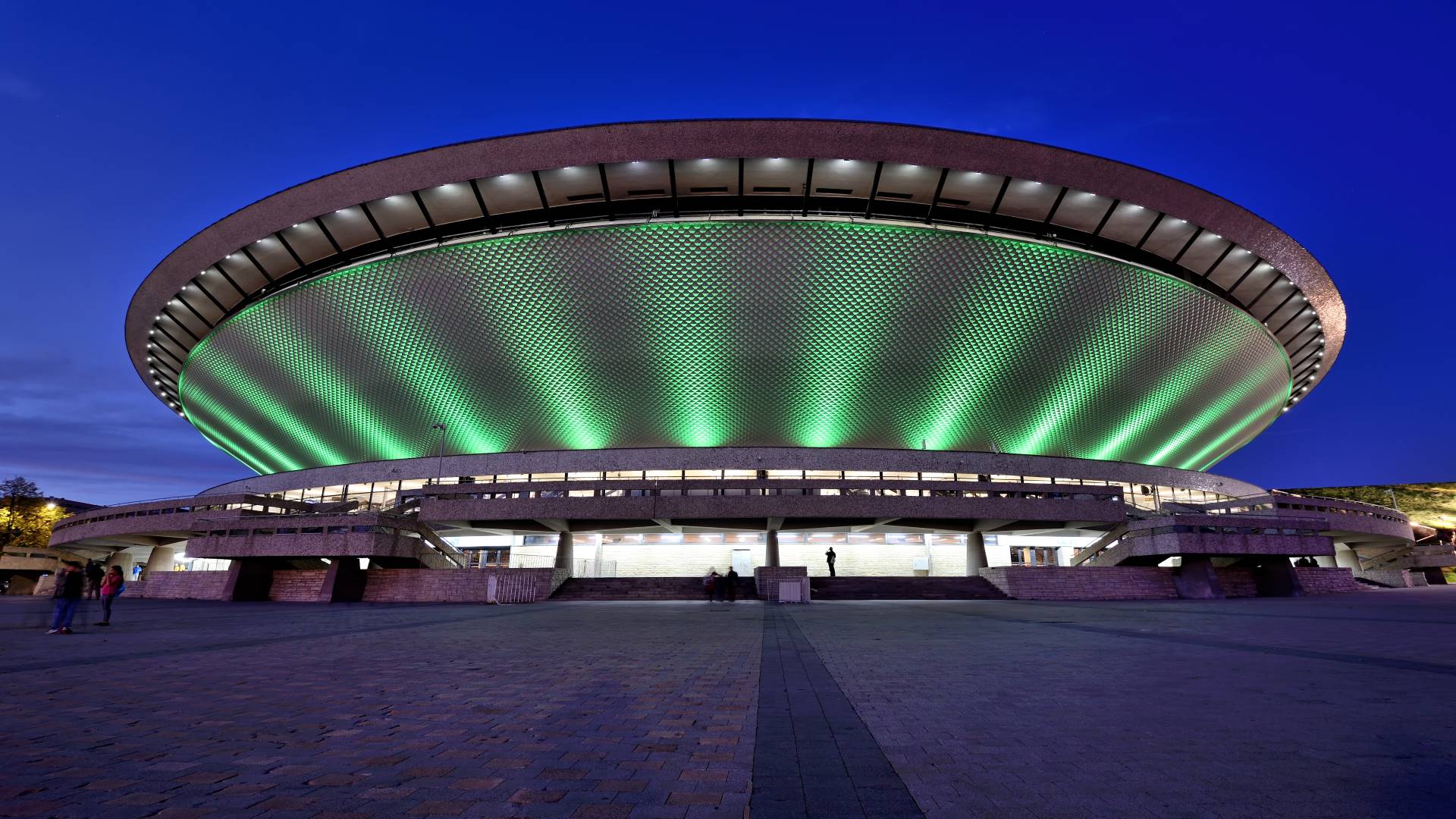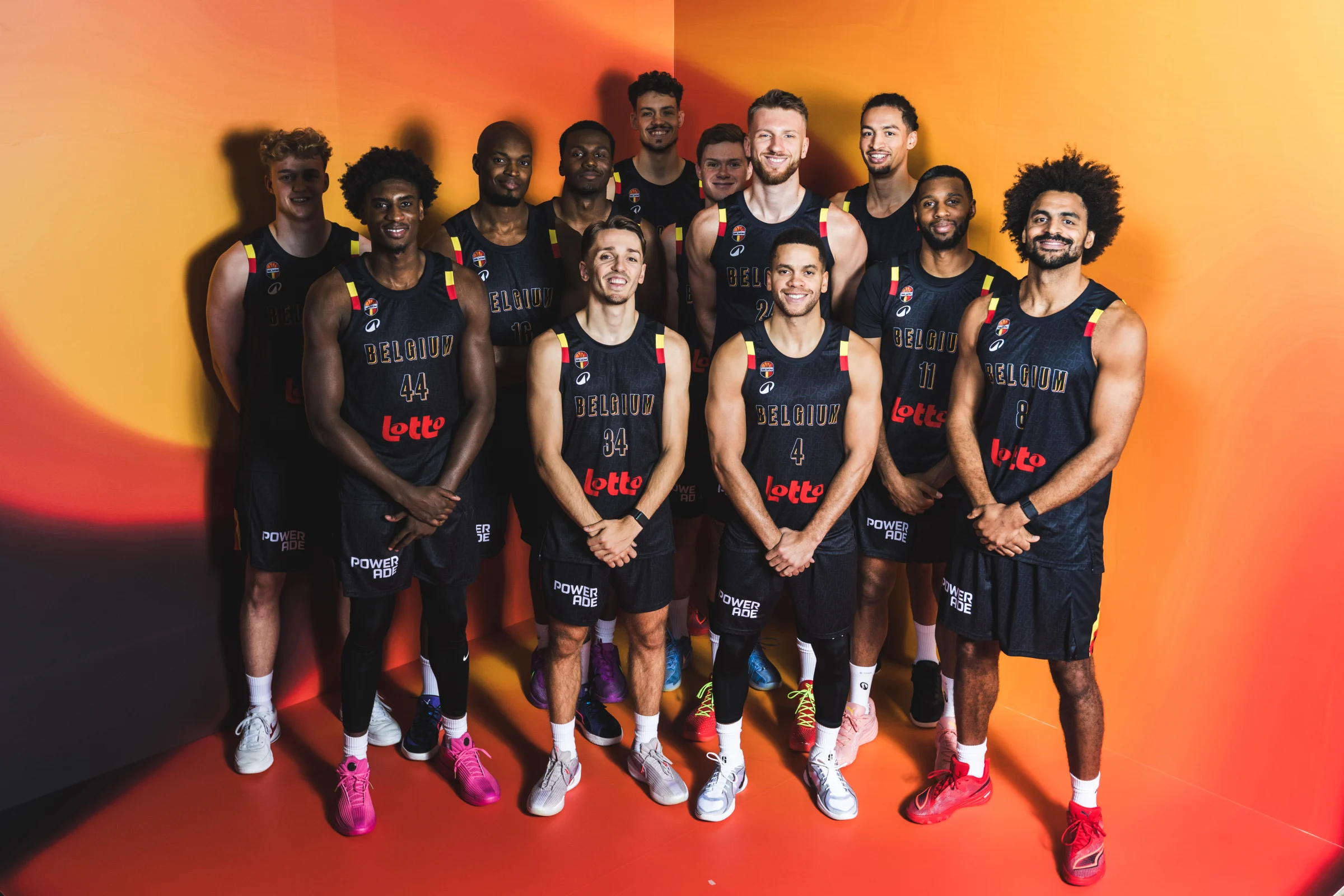Alexandre Lacoste
What to know about Katowice, the Polish city where France plays its EuroBasket 2025 group phase?

The French team plays its first round in Katowice, Poland. Capital of Silesia, the city is better known for its industrial history and economic dynamism than for tourism. But basketball is coming here for EuroBasket 2025, in a legendary venue full of symbolism.
A city marked by its industrial past
Katowice is the capital of Upper Silesia, a mining and steel region that shaped its identity. Long associated with coal and steel, the city developed in the late 19th century around its mines and steelworks. Today, while the transition to services, education and culture is well underway, Katowice remains primarily a major economic hub of Poland, with over 2 million inhabitants in its metropolitan area.
This industrial face explains its image: Katowice doesn’t have the tourist reputation of Krakow, located 45 minutes away by car. If EuroBasket wasn’t awarded to the neighboring city, it’s because Katowice and its municipality invested heavily to host the event, according to Polish colleagues interviewed on site.
Spodek, a legendary but aging venue
The French team will play their group phase in the Spodek – literally « the saucer ». Inaugurated in 1971, this iconic 11,000-seat venue (9,000 in FIBA configuration) is one of the city’s architectural symbols. But local journalists don’t hide its limitations: the arena has character but lacks modern facilities (boxes, VIP lounge) compared to recent arenas. For example, the press conference room has been set up in a tent outside the venue.
EuroBasket D-1, for Les Bleus. pic.twitter.com/Qu7oByhyA0
— Gabriel Pantel-Jouve (@GabrielPJ_) August 27, 2025
This hasn’t stopped EuroBasket from attracting audiences: several games, including Poland – Slovenia tonight and France – Poland next Tuesday, are already sold out. In 2009, the Spodek had already hosted the Euro finals, won by Spain.

Basketball in the region
Katowice doesn’t host any high-level team. A few kilometers away, the city of Dąbrowa Górnicza is well known to Betclic ÉLITE fans: Jean-Denys Choulet coached there and saved the team from relegation. Most importantly, two hours away is Wroclaw, Poland’s basketball city.
A city of culture and music
To counter its industrial image, Katowice has established itself culturally. The city is part of UNESCO’s « Creative Cities » network and has been designated a « City of Music ». It hosts the Polish National Radio Symphony Orchestra and several internationally renowned festivals, from jazz to electronic music (Off Festival, Tauron Nowa Muzyka).
A paradox: Katowice is both a working-class basin and a renowned music scene, making it an unusual place for a basketball competition.
Katowice: the ideal place to stay focused
In hosting the group phase, Katowice is betting on international visibility rather than postcard appeal. The city aims to capitalize on its Spodek arena, sports-loving inhabitants, and central location in Central Europe. For the French team, this means playing in a popular and sometimes heated atmosphere, especially against the host country, Poland. But it also means being able to focus on basketball without the temptation of other tourist activities. The main tourist activity is actually visiting the main concentration camp of World War II, Auschwitz-Birkenau, located 40 minutes south of the city.















Commentaires